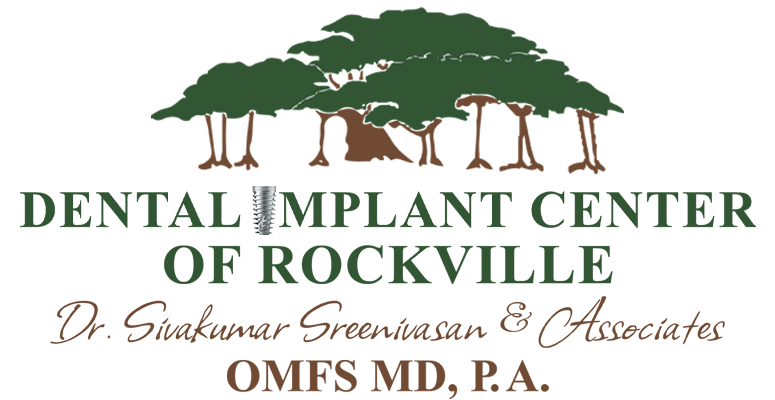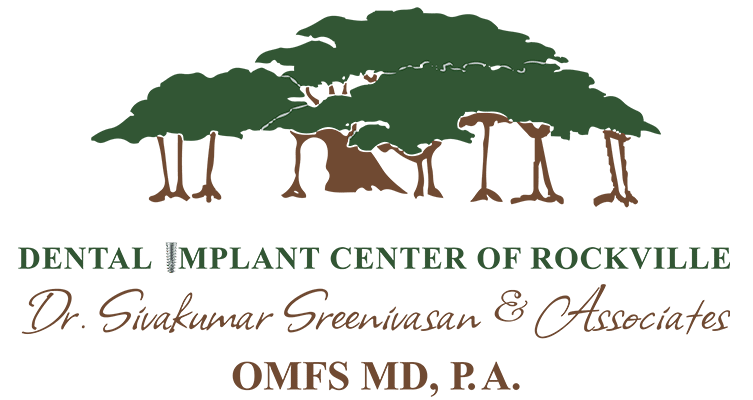Common Jaw Issues and Their Importance in Proper Treatment

For many people, jaw pain or discomfort is either an occasional inconvenience or a problem they learn to live with. However, persistent jaw issues can have a profound influence on your daily life. Beyond the obvious physical discomfort, these problems can also impede essential tasks like eating, speaking, and sleeping—ultimately affecting your overall health and well-being. Jaw pain can also have a ripple effect, leading to tension headaches, neck pain, and even difficulty concentrating due to ongoing discomfort.
Whether it's a sharp pain during chewing, a dull ache, or ongoing tension in the jaw, these symptoms are often signs of underlying issues that shouldn’t be ignored. Identifying and addressing these concerns early on can significantly alleviate discomfort and prevent more serious complications down the road. Below, we’ll explore some of the most common jaw problems, what causes them, and how you can take steps to address them for long-term relief and improved quality of life.
Temporomandibular Joint Disorder (TMJ)
Temporomandibular Joint Disorder, often referred to as TMJ, is one of the leading causes of jaw pain and dysfunction. The temporomandibular joint connects your jawbone to your skull, acting as a hinge for essential functions like eating, speaking, and even facial expressions. When this joint is misaligned, overworked, or inflamed, it can lead to TMJ disorder, which affects millions of people worldwide.
Common symptoms of TMJ disorder include jaw stiffness, limited range of motion, popping or clicking sounds when opening or closing your mouth, and headaches or pain radiating to the neck and shoulders. Some people may also experience ear pain, dizziness, or difficulty chewing certain foods. TMJ disorder can be caused by a variety of factors, such as injury to the jaw, arthritis, stress-related clenching, or even poor posture that strains the joint over time.
Many individuals live with TMJ disorder for years, unaware that effective solutions exist. TMJ treatment options range from conservative techniques, such as using a mouthguard to reduce nighttime clenching, to practicing jaw exercises and stress management. Professional interventions, like specialized physical therapy or injections to reduce inflammation, may also provide relief. For more severe cases, advanced care can provide targeted solutions, reducing pain and restoring jaw functionality through expert evaluation and tailored care plans designed for long-term results.
Bruxism (Teeth Grinding)
Bruxism, or chronic teeth grinding, is another common culprit behind jaw discomfort. Often associated with stress or anxiety, bruxism occurs when someone unconsciously grinds their teeth, typically during sleep. This habitual grinding can place immense pressure on the jaw muscles and joints, leading to persistent pain, soreness, and even damage to the teeth. Over time, bruxism can wear down enamel, cause fractures, or lead to increased tooth sensitivity.
In addition to its impact on the teeth, bruxism can exacerbate other conditions, such as TMJ disorder. Prolonged grinding may worsen symptoms like jaw stiffness and headaches, making it essential to address the issue early. Effective treatments for bruxism include injecting Botox into the jaw muscles, managing stress with relaxation techniques, such as mindfulness or yoga, and wearing a custom-fitted TMJ stent to protect the teeth and jaw during sleep. In some cases, dental professionals may also recommend orthodontics or restorative procedures to correct damage caused by grinding. Addressing bruxism promptly can prevent long-term damage to your teeth, jaw, and overall oral health.
Other Common Jaw Concerns
Jaw issues are not limited to TMJ disorder and bruxism. Other problems, such as jaw misalignment, arthritis, or trauma, can also lead to lasting discomfort and functional challenges. Jaw misalignment, for instance, may cause uneven wear on the teeth, chronic strain on the jaw muscles, and difficulty in biting or chewing. This issue can often be addressed through orthodontic treatments, bite adjustments, or corrective surgery in more severe cases.
Similarly, arthritis in the jaw joint, whether it’s osteoarthritis or rheumatoid arthritis, can result in inflammation, stiffness, and limited mobility over time. Arthritis in the jaw may make everyday activities like eating or speaking particularly challenging, and it often requires a combination of medication, physical therapy, and lifestyle adjustments to manage symptoms.
Jaw trauma, such as fractures or dislocations, is another area of concern. These injuries can have lasting effects on the structure and function of the jaw, sometimes requiring oral surgery to restore proper alignment and mobility. A professional oral examination can assess the severity of these issues and determine the best course of action, whether it involves non-invasive treatments or surgical intervention.
Treatment and Long-Term Relief
When dealing with jaw pain, seeking professional care is a critical step to finding relief and preventing further complications. At the Dental Implant Center of Rockville, Dr. Sreeni and his team provide compassionate, individualized care for patients facing jaw-related concerns. Their expertise spans from straightforward diagnostics to advanced procedures, ensuring that every patient receives solutions tailored to their unique needs. Whether your jaw pain stems from TMJ disorder, bruxism, or other underlying issues, the right care can offer lasting relief and restore your quality of life.
Ignoring persistent jaw pain can lead to complications, including worsening damage to the teeth, joints, and surrounding muscles. Acting sooner rather than later is key to managing symptoms and preventing long-term problems. From conservative management strategies like nightguards and physical therapy to advanced oral procedures, a specialized team of professionals can help you regain comfort and functionality.
Frequently Asked Questions About TMJ Treatment
What is the recovery time for TMJ treatment?
Non-invasive treatments, such as mouthguards, physical therapy, or medication, can provide relief within a few weeks. More advanced interventions, such as injections can provide relief within 3-5 days. Surgery, may require several weeks to a few months for full recovery. Following your oral surgeon’s aftercare instructions and maintaining regular follow-ups can significantly improve your healing process and results.
Can TMJ disorder be completely cured?
Treatment for TMJ is focused on managing symptoms, reducing pain, and improving jaw functionality, but a complete "cure" may not always be possible, as the condition’s severity and underlying causes vary from person to person. However, with the right combination of therapies—including lifestyle adjustments, stress management, physical therapy, and professional care—most patients experience significant improvements and are able to lead pain-free, functional lives.
If you're experiencing jaw pain or discomfort, don't wait to seek help. Addressing these issues now can save you from more serious complications in the future, allowing you to enjoy a pain-free, healthier life.
The Dental Implant Center of Rockville offers compassionate care and expert oral surgery solutions to address concerns like jaw pain and more. Serving Rockville and surrounding areas, their team is committed to helping patients improve their oral and overall health. Learn more about their comprehensive services at Dental Implant Center of Rockville.
Recent Posts
Contact Us
Twice a Month

